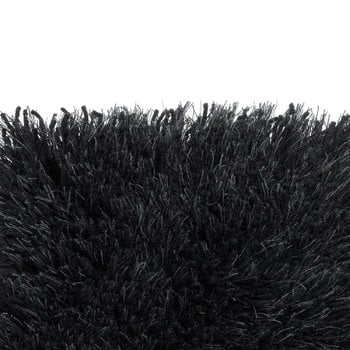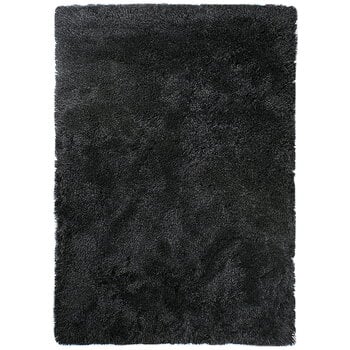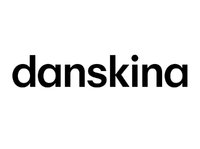Designed by Danskina for Kvadrat, Bravoure is a luxurious, tufted wool rug woven from thin and thick yarns in several different tones. The pile height of 6 centimetres gives the Bravoure 60 a soft, fluffy and three-dimensional expression. Bravoure feels soft and warm under your feet and is an excellent choice for example on the bedroom or living room floor.
Bravoure 60 rug, 0678
Kvadrat
Description
Designed by Danskina for Kvadrat, Bravoure is a luxurious, tufted wool rug woven from thin and thick yarns in several different tones. The pile height of 6 centimetres gives the Bravoure 60 a soft, fluffy and three-dimensional expression. Bravoure feels soft and warm under your feet and is an excellent choice for example on the bedroom or living room floor.
Product details (4)
- Material
- 100% new wool
- Colour
- Dark grey
- Length
- 200 cm
- Width
- 140 cm
Designer
The ambitious goal of the Dutch rug manufacturer Danskina is to create the finest rugs in the world. Founded by Piet and Ina van Eijken in 1973, Danskina weaves its rugs with traditional techniques and top-quality materials, and also pioneers in developing new techniques for rug weaving. Danskina has collaborated with many well-known designers and brands, and in 2013 the Dutch designer Hella Jongerius became the Design Director of the company.
View all productsReviews (0)
Sustainability
The Product Sustainability Framework, our criteria of sustainable design, helps you find the most sustainable products in our selection. Read below which sustainability criteria this product has met.
Working conditions & labour 9/9
-
Equal opportunities for all employees
-
Commitment to UN Global Compact, fair compensation for all employees
-
Corporate responsibility requirements defined and communicated for suppliers
-
Systematic work for improved inclusion and well-being in the workplace
-
Transparent supply chain
-
Suppliers' compliance to a code of conduct ensured
-
Direct suppliers audited and certified
-
Compliance to the UN Guiding Principles on Business and Human Rights ensured in the supply chain
-
Support for community involvement in the supply chain
Eco-friendly production 9/9
-
Fair and resource-wise water-use in production
-
No incineration or landfilling of returned items
-
No use of endangered species as materials
-
No direct environmental emissions or waste (excl. GHGs) from production
-
The sustainability of direct suppliers' production is addressed and monitored
-
Production and material sourcing that respect biodiversity, animal rights, and natural ecosystems
-
Material-efficient and ecological packaging
-
Positive impact on nature’s well-being through operations that regenerate natural ecosystems
-
No potentially harmful chemicals used in own production
Climate impact 7/8
-
Company's direct greenhouse gas emissions identified and commitment to reduction
-
Product's carbon impact identified and commitment to reduction
-
Guidance on energy- and eco-efficient use of the product
-
Contribution to climate initiatives beyond the brand’s direct operations
-
Low-carbon or compensated transportation
-
100 % renewable energy in own production and operations
-
Carbon neutral or carbon negative product
-
Carbon footprint of the product calculated and goals set to reduce it
Sustainable materials 6/6
-
Sustainable and long-lasting material choices
-
No harmful or hazardous substances
-
Responsible raw material sourcing and production
-
Materials suited for circularity: monomaterials, recyclable finishings, renewable or recycled contents etc.
-
Ecological materials: natural, biodegradable, recyclable or recycled contents
-
Outstanding materials in terms of innovativeness, responsibility, sustainability and circularity: local production or sourcing, 100 % recycled content, C2C-certification etc.
Circular design 5/5
-
High aesthetic quality promoting long-term use of the product
-
Technically durable product design and material choices
-
Design for enduring life-long quality
-
Design and support for product maintenance, repair and upgradability
-
Innovative circular design solutions: circular service system, resale platform, remanufacturing, collection of used products, etc.
Chat to us online
Please enable functional cookies to use this feature. You can change your cookie settings at any time.





